
Home
Publications
Publications
Showing 0 to 0 of 0 results

2025-07-03T20:39:37
#PeopleNotPlastics—Plastic Pollution is a Human Rights Issue

Events
2025-05-26T10:31:40
Bridging Parliament and People: APHR at the ASEANPeoples2025@ASEAN2025
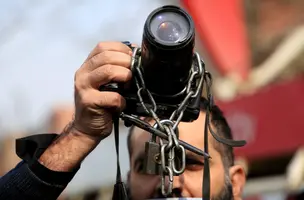
Statements
2025-05-03T15:52:41
World Press Freedom Day 2025: Defending the Frontlines of Truth in Southeast Asia

Statements
2025-04-14T09:19:19
APHR Demands Immediate Dropping of Lèse-Majesté Charges Against Academic Paul Chambers, Calls for an End to Thailand’s Assault on Freedom of Expression
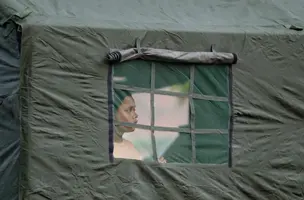
Statements
2025-04-03T09:10:12
Southeast Asian Lawmakers Condemn Myanmar Military’s Obstruction of Earthquake Relief Efforts
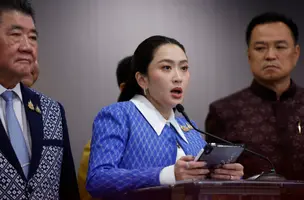
Statements
2025-04-02T12:59:55
BIMSTEC Must Not Welcome Myanmar Junta: APHR Urges Thailand to Take a Stand
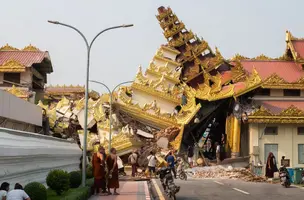
Statements
2025-03-29T14:38:01
APHR Stands in Solidarity with Communities Affected by Devastating Earthquake in Myanmar
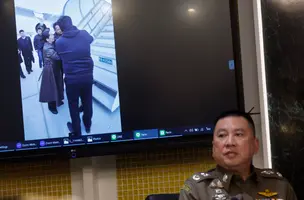
Statements
2025-03-04T11:11:00
APHR Condemns Thailand’s Deportation of 40 Uyghurs to China, Warns of Grave Human Rights Violations

Jobs
2025-02-28T10:36:55
(Re-advertised) Consultancy Notice: Research Consultant for International Parliamentary Inquiry – Southeast Asia: Inquiry on the Impacts of Open Burning, especially in the Agriculture Industry, on the Environment and Human Rights in Thailand
TOP
ASEAN Parliamentarians for Human Rights (APHR) was founded in June 2013 with the objective of promoting democracy and human rights across Southeast Asia. Our founding members include many of the region's most progressive Members of Parliament (MPs), with a proven track record of human rights advocacy work.
Copyright © 2024-2025 All Rights Reserved - ASEAN Parliamentarians for Human Rights (APHR)
Website by Bordermedia